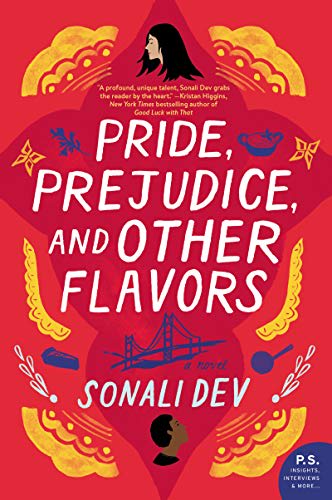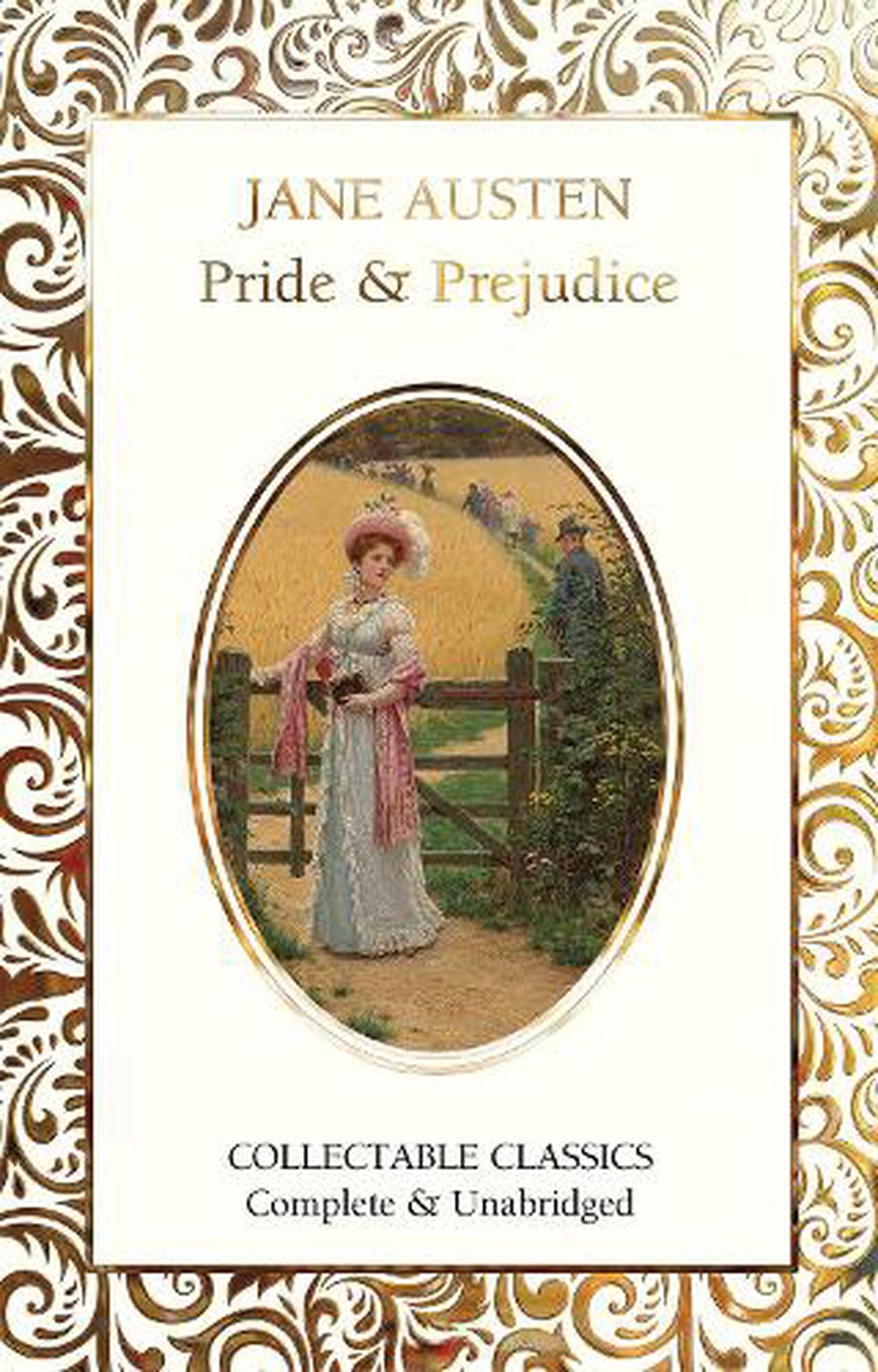

Sonali Dev’s novel honors these rom-com conventions. These ingredients have created a long line of Austen-inspired adaptations, books, and films. Austen is known for her sharp wit and satiric take on the social conventions of her day, captured by Pride’s famous opening line: “It is a truth universally acknowledged, that a single man in possession of a good fortune must be in want of a wife.” The “comedy” part of the rom-com equation is equally important. Add to this Darcy’s disapproval of the marriage of Elizabeth’s sister to his friend Bingley, and the two seem destined to despise each other.īut over the course of balls and surprise encounters, intentions are explained and truths revealed. And then comes a misunderstanding: Darcy’s acquaintance, George Wickham, wrongly claims to Elizabeth that Darcy has deprived him of his living. Darcy begins with distasteful overheard remarks at a ball. The unlikely courtship of Elizabeth and Mr.

Their negative opinions grow from both internal obstacles (pride, judgment) and external ones (class, social pressure).Ĭircumstance forces them into contact again and again, moving between moments of connection and friction.Ĭompatibility seems hopeless, even after one character makes a grand declaration.īut then misunderstandings are re-understood and the two end up together.

Two characters share a dislike of each other, born of an awkward or disastrous first encounter. The novel established the ground rules for how these romantic stories play out: Pride and Prejudice has been called the original romantic comedy, pitting the witty and headstrong Elizabeth Bennet against (and ultimately with) Fitzwilliam Darcy. And Dev’s book pays homage to the Austen classic while placing its storyline squarely into our current world. Yet the line between these two romantic comedies is clear. Two hundred years separate Jane Austen’s Pride and Prejudice from the new novel by Sonali Dev, Pride, Prejudice, and Other Flavors.


 0 kommentar(er)
0 kommentar(er)
